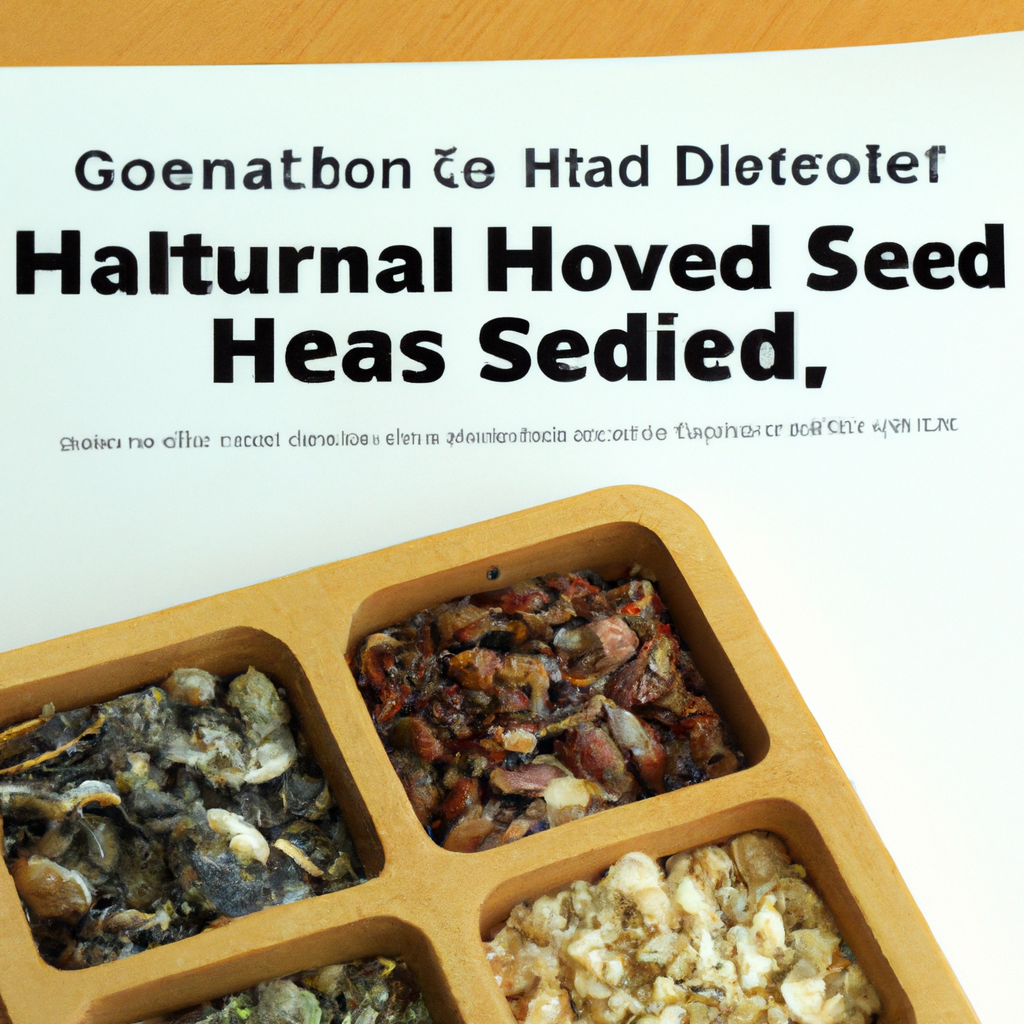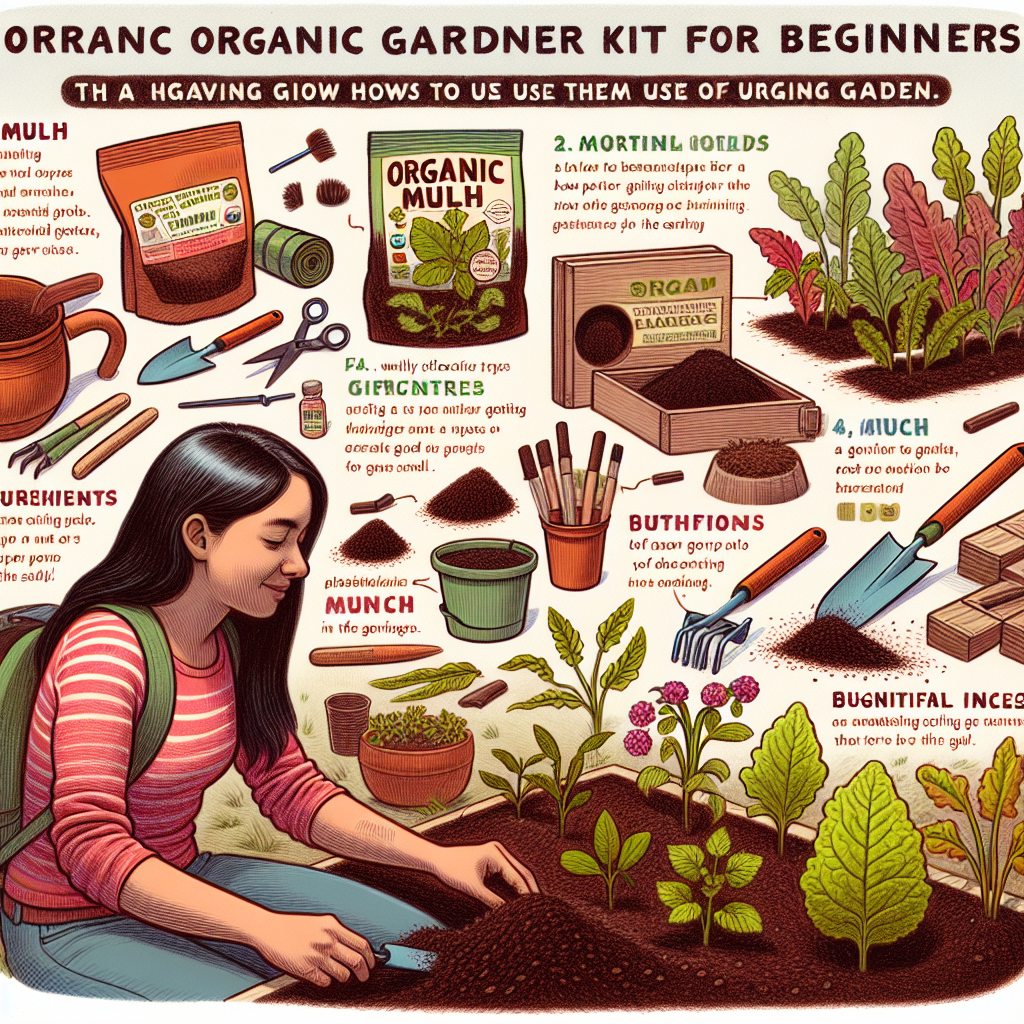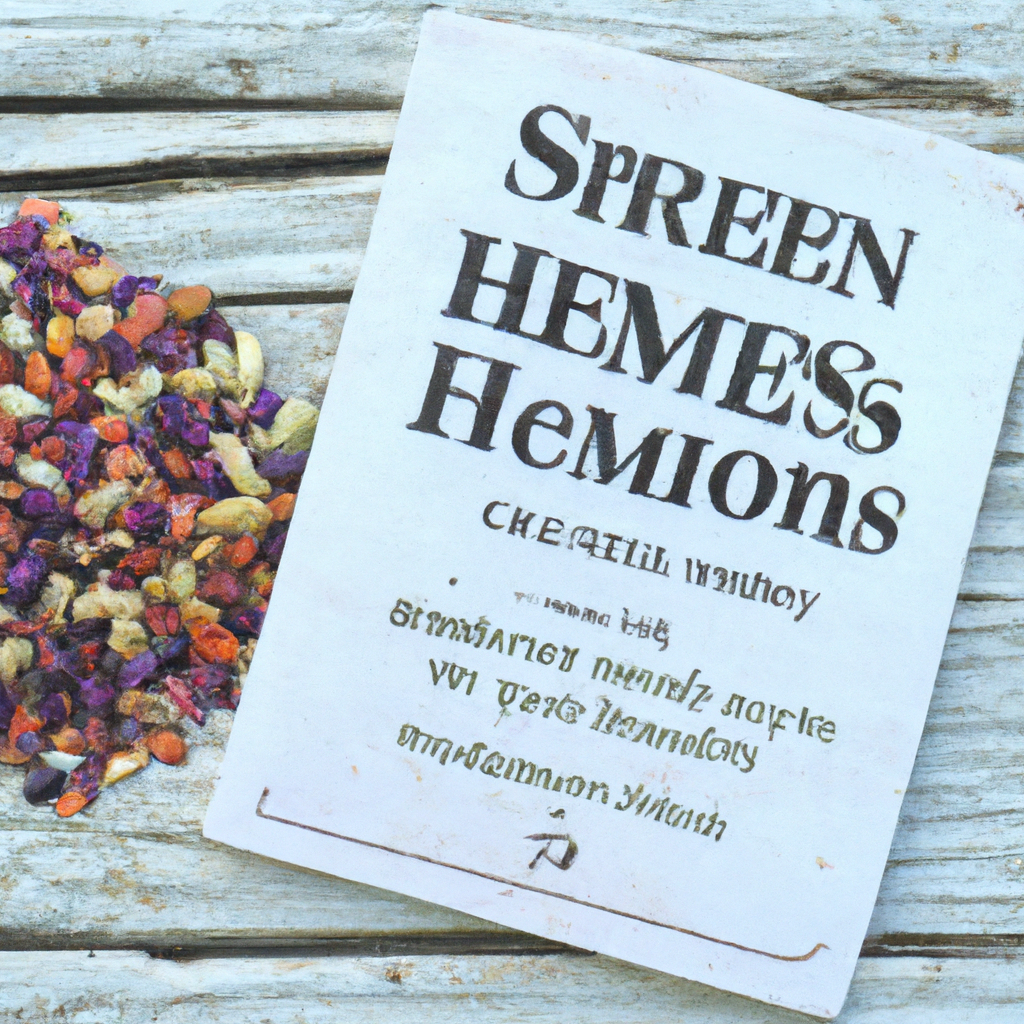Understanding Non-Hybrid Natural Seeds: The Pure Choice for Gardeners
In the world of gardening and sustainable agriculture, the choice of seeds plays a crucial role in determining the quality and authenticity of your harvest. Among the most sought-after types are non-hybrid natural seeds. But what exactly are they, and why are they important for gardeners, farmers, and anyone interested in organic produce? In this guide, we’ll explore which seeds are non hybrid natural, their benefits, and how to identify and use them for thriving, sustainable gardens.
What Are Non-Hybrid Natural Seeds?
Non-hybrid natural seeds, often referred to as open-pollinated or heirloom seeds, are seeds that have not been artificially crossbred to create hybrids. These seeds are the result of natural pollination by wind, insects, or other natural mechanisms, and they produce plants that are true to their parent type. This means you can save seeds from your harvest and expect the next generation to have the same characteristics as the parent plant.
- Heirloom seeds: Varieties passed down through generations, prized for flavor and adaptability.
- Open-pollinated seeds: Naturally pollinated and genetically stable.
- Non-GMO: Not genetically modified in laboratories.
Benefits of Planting Non-Hybrid Natural Seeds
Choosing non-hybrid natural seeds for your garden or farm comes with numerous benefits:
- Seed Saving: Save seeds from your own crops for future planting, ensuring sustainability and self-sufficiency.
- Superior Flavor: Heirloom and open-pollinated varieties often boast richer flavors and textures compared to hybrids.
- Adaptability: These seeds adapt over time to local soil and climate conditions, increasing resilience.
- Genetic Diversity: Preserving and using non-hybrid seeds helps maintain genetic diversity in crops, which is vital for food security.
- Organic Gardening: Non-hybrid natural seeds are ideal for organic and chemical-free gardening practices.
How to Identify Non-Hybrid Natural Seeds
When searching for non-hybrid natural seeds, look for these indicators:
- Labeled as “Heirloom” or “Open-Pollinated”: Reputable seed packets will specify if seeds are non-hybrid.
- Seed Saving Instructions: Non-hybrid seeds often come with information on how to save seeds for future use.
- Variety Names: Many heirloom varieties have unique, traditional names, indicating a long history of cultivation.
- No “F1” Label: Hybrid seeds are usually marked as F1 hybrids. If you don’t see this, it’s likely a non-hybrid seed.
Examples of Non-Hybrid Natural Seeds
Vegetable Seeds
- Brandywine Tomato (Heirloom)
- Blue Lake Bush Bean (Open-pollinated)
- Detroit Dark Red Beet
- Calabrese Broccoli
- Waltham Butternut Squash
Herb Seeds
- Genovese Basil
- Common Chives
- Dill Bouquet
- Italian Oregano
- Thyme (Open-pollinated)
Flower Seeds
- Sunflower (Mammoth Grey Stripe)
- California Poppy
- Zinnia (Heirloom varieties)
- Cosmos Sensation Mix
- Marigold Crackerjack
These are just a few examples. Many fruit, vegetable, and flower seeds are available in non-hybrid, open-pollinated, and heirloom varieties.
Tips for Growing with Non-Hybrid Natural Seeds
- Start with High-Quality Seeds: Source your seeds from reputable suppliers specializing in heirloom or open-pollinated seeds.
- Practice Crop Rotation: Rotate crops to maintain soil fertility and reduce disease.
- Save Seeds: Learn techniques for saving and storing seeds from your healthiest plants for the next season.
- Encourage Pollinators: Support bees and other pollinators to enhance pollination and seed production.
Frequently Asked Questions About Non-Hybrid Natural Seeds
- Are non-hybrid seeds better than hybrid seeds?
- Non-hybrid seeds are valued for their ability to reproduce true to type, making them ideal for seed saving and maintaining genetic diversity. Hybrid seeds may offer certain advantages, like increased yield or disease resistance, but their seeds cannot be reliably saved.
- Can I save seeds from all non-hybrid plants?
- Yes, seeds from non-hybrid (open-pollinated or heirloom) plants can be saved and replanted, as they will grow into plants similar to their parents.
- Are non-hybrid seeds always organic?
- Not always. While many non-hybrid seeds are grown organically, you should check for organic certification if you want seeds produced without synthetic chemicals.
Conclusion: Choose Non-Hybrid Natural Seeds for Sustainable Gardening
Selecting non-hybrid natural seeds is a smart choice for gardeners who value sustainability, flavor, and the ability to save seeds year after year. By understanding which seeds are non hybrid natural and how to identify them, you’re taking a step towards a more self-sufficient and environmentally friendly garden.



